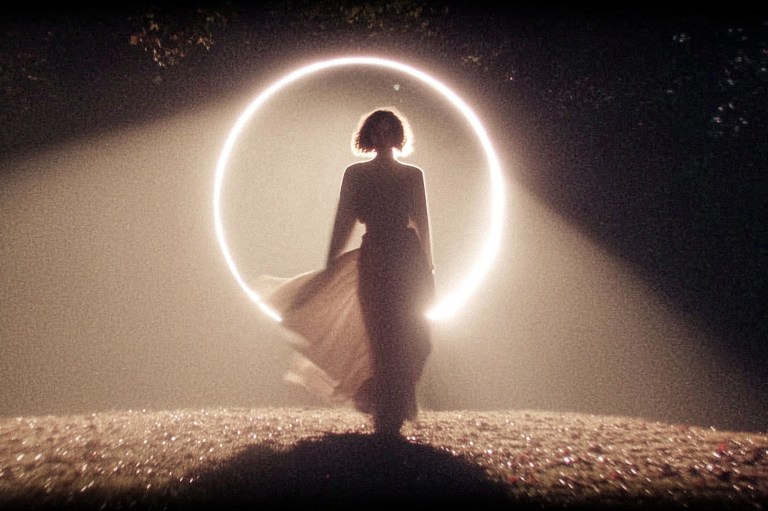
The Three Types Of Chemistry You Absolutely Have To Have For It To Be True Love
Is there a formula, a recipe for love? I don’t think there is. I think that we fall in love randomly, erratically, spontaneously. But when it comes to true love, there most certainly is. There are three types of chemistry that need to exist for love to be true. And true love, as I’ve come to define it, is lasting love: love that is both the feeling and the verb, love that is transcendent and extraordinary – but above all, it is love that creates a gestalt in both partners. A gestalt occurs when the organized whole is greater than the simple sum of its parts. Somehow, the pairing defies the laws of mathematics, and 1 + 1 = something infinite.
With just the first two of these types of chemistry, the love is 2-dimensional; it is flat, something is lacking. But with the third, love becomes 3-dimensional, and within that space, true love exists. Two are necessary for love, but not sufficient for true love. “Better together”, in the most profound sense of the expression; you are more than you would be separately. Something within the relationship becomes transcendent, taking on its own life through the union of two people. That is true love, as opposed to a relationship in which 1 + 1 simply equals 2, and neither are really changed or made better because of it. Or sadly, often times, a pairing becomes less than two, diving deep into the negatives – as the relationship can be codependent, destructive, toxic, or even abusive.
Without veering off onto too steep a tangent, codependent, toxic and addictive relationships occur when the first two types of chemistry exist very strongly, but in the absence of the third. This is what makes destructive relationships notoriously difficult to leave.
1. Physical
The simple chemistry between two people that find one another physically attractive. This is necessary for love to develop, but it is not sufficient. Physical chemistry can be all-consuming; it is responsible for late, erratic nights – for the electricity, the magnetic pull between two people. Like magnets, physical chemistry sparks that initial interest in something more. But the catch-22 is that it does not always become more, nor can it – in order for it to become more, the other types of chemistry have to develop or exist. Physical chemistry can often be salt water to the thirst for something greater; it seems to do the job, but it always leaves you with the gnawing feeling that there’s more to love.
2. Intellectual
This is the chemistry that exists when two people can talk for hours. The conversation flows naturally, and they stimulate each other mentally. They communicate in ways that compliment one another, and they can easily get each other. Very strong intellectual chemistry can often masquerade as spiritual chemistry, but it is not nearly the same. It’s necessary, but not sufficient. Having profound intellectual chemistry feels like finding a home in someone else’s mind. So much of communication is nonverbal, or simply too subtle to pinpoint what makes it flow. When you find someone with whom you have intellectual chemistry, there is a natural flow; gaps in the conversation don’t provoke anxiety, and silence is comfortable. But alas, intellectual chemistry cannot cross the boundaries set for true love, as there is one final requisite to fulfill.
3. Spiritual
Spiritual chemistry is when character aligns, with a touch of something transcendent. It goes beyond opinions and beliefs – although they can be part of it. Spiritual chemistry is when you see life through a similar existential lens; your hearts are at home because you value the same things: kindness, generosity, loyalty, friendship. This is where the relationship takes on its own life, and people that come into contact with you as a couple, often feel inspired because of it. With this final type of chemistry, you feel the most secure; you know that your heart is home, not just your mind. There is no uncertainty. You know that your partner values the relationship itself – the bond you’ve created – just as much as they value you as a person. So when things get difficult, or you fail to meet their expectations, they won’t simply abandon you or look elsewhere to find another compelling connection. This is lasting love; the love that exists when the relationship becomes more than the sum of its parts. And when that gestalt exists, that is true love. ![]()











